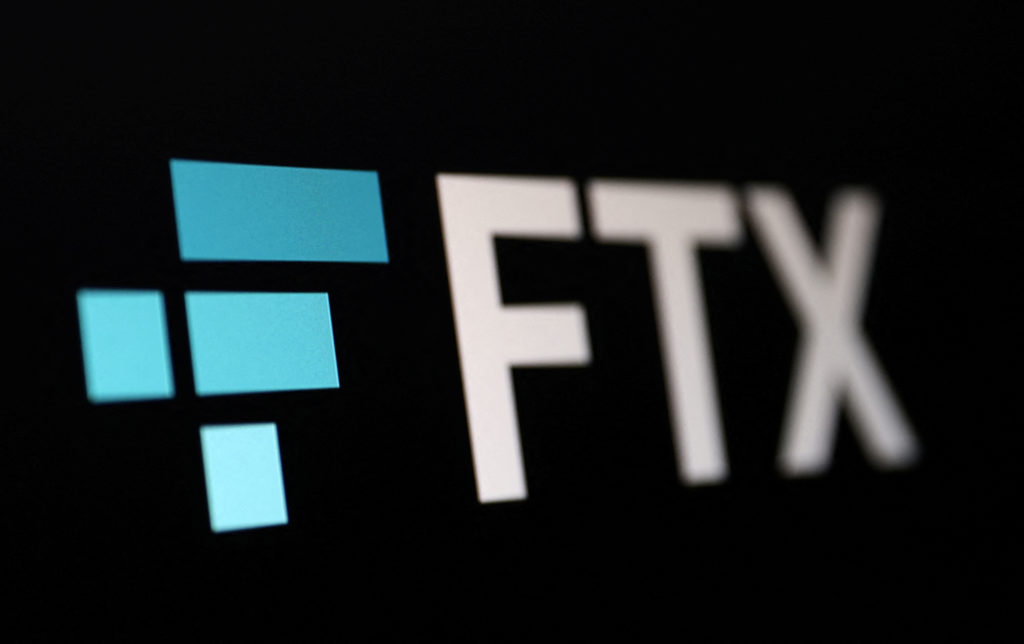In a relentless pursuit of lost assets, cryptocurrency exchange FTX has recently taken legal action against Bybit, filing a $950 million lawsuit in an attempt to recover cryptocurrencies and cash. This move comes approximately a year after FTX faced a significant collapse and subsequent bankruptcy protection filing. FTX’s legal endeavors to reclaim funds have spanned various entities, including LayerZero, Shaquille O’Neal, and Naomi Osaka.
The lawsuit, filed in Delaware, targets Bybit Fintech Ltd and two affiliated corporate entities. FTX alleges that Bybit, through its investment arm Mirana Corp., enjoyed “special VIP benefits” on the FTX platform that allowed for the withdrawal of assets before the exchange’s collapse. This privilege allegedly enabled Bybit to withdraw over $950 million in cash and cryptocurrency, a substantial amount that FTX seeks to reclaim.
According to Bloomberg, the complaint contends that Bybit exerted pressure on FTX staff to expedite the withdrawal process, giving them an advantage over other customers. Notably, around one-third of the total amount, approximately $327 million, was withdrawn between November 7 and 8, a period during which FTX had temporarily paused its withdrawal services. FTX argues that Bybit’s actions occurred shortly before its own bankruptcy filing in mid-November 2022.
FTX values the total assets at $953 million, using cryptocurrency prices from November 1 as the benchmark. Bybit, self-described as “the most reliable cryptocurrency exchange,” has yet to officially respond to the lawsuit. The complaint suggests that Bybit was among the beneficiaries of FTX’s collapse, experiencing an increase in trading volumes during the initial months following the downfall of its competitor.
After the collapse of FTX, Bybit faced its own challenges, including a 30% reduction in its employee count, a fate shared by many cryptocurrency companies at that time. Despite the setbacks, Bybit managed to capitalize on FTX’s downfall, witnessing a surge in trading volumes.
FTX’s legal actions extend beyond Bybit, involving attempts to recover lost funds from various sources. This includes Stanford University returning previous gifts, as well as lawsuits against former brand ambassadors like Naomi Osaka and Shaquille O’Neal. The article aims to highlight the intricate web of legal battles and asset recovery initiatives undertaken by FTX as it seeks to navigate the aftermath of its collapse and secure financial restitution from multiple fronts.
As the legal drama unfolds, the cryptocurrency community watches closely, recognizing the potential implications for the industry as a whole. FTX’s efforts to hold third parties accountable for their roles in the lead-up to its collapse underscore the complexities and challenges inherent in the cryptocurrency space, where legal frameworks are still evolving, and the pursuit of justice remains an ongoing process.
